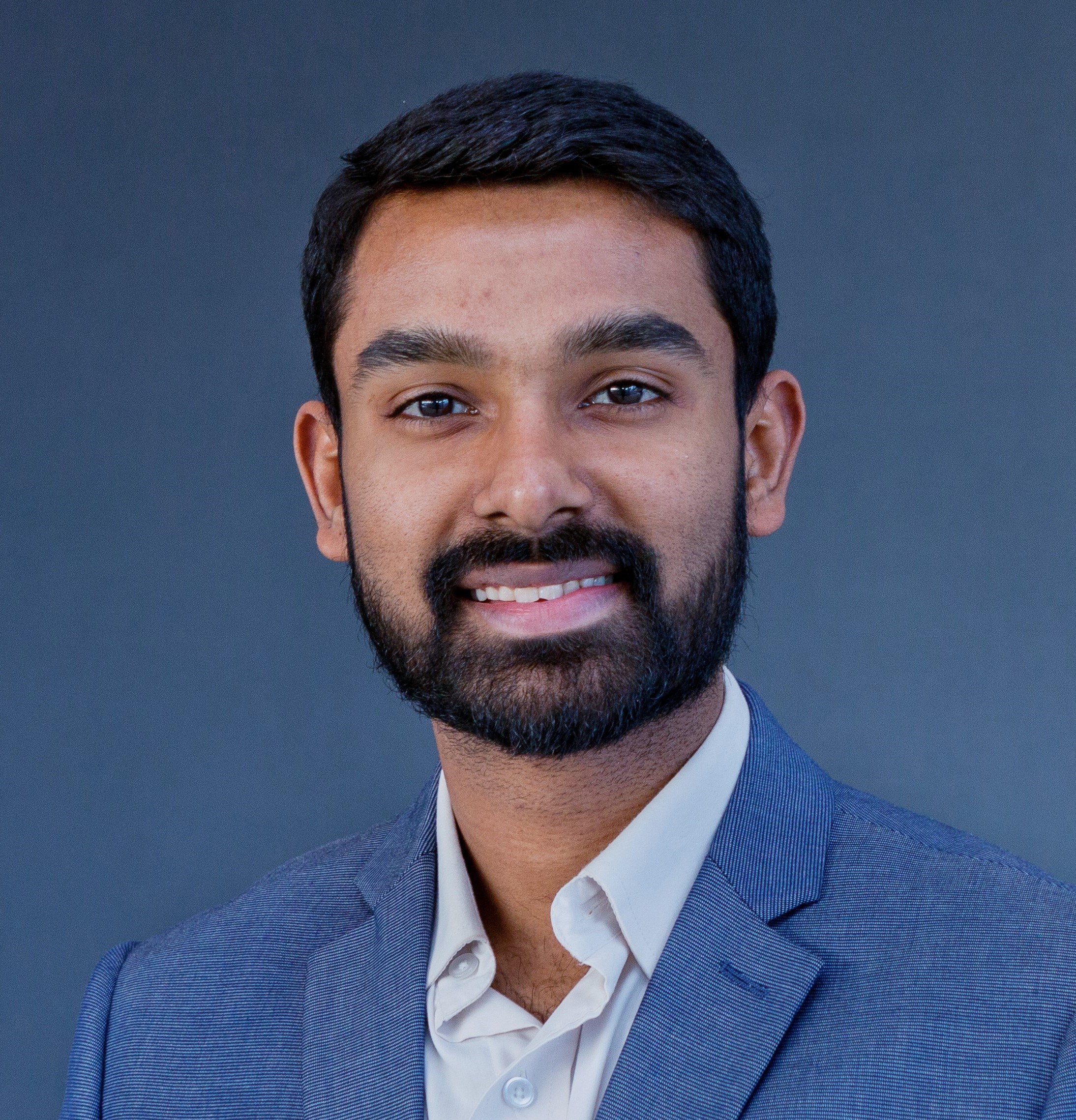
- This event has passed.
Spring 2024 GRASP SFI: Harish Ravichandar, Georgia Institute of Technology, “New Wine in an Old Bottle: A Structured Approach to Democratize Robot Learning”
April 24, 2024 at 3:00 PM - 4:00 PM
This will be a hybrid event with in-person attendance in Levine 307 and virtual attendance on Zoom.
ABSTRACT
Decades of rigorous research in dynamical systems and control helped us integrate robots into a wide variety of domains, ranging from factory floors to the moon. Today, it would appear that deep learning has taken over the torch and will bring robots to our homes, freeing us all from banal chores. In this utopian vision, learning-based approaches tend to replace analytical methods. Moving away from handcrafted bespoke solutions to generalist robots that can operate in unstructured environments. But one can instead view learning-based and analytical approaches as two ends of a broad spectrum, with one end optimizing for reliability (at the cost of human effort) and the other for emergent intelligence (at the cost of data and computation). In this talk, I will argue why it is better for robots to be in the middle of this broad spectrum. Using manipulation as a case study, I will discuss how our lab combines ideas from dynamical systems and machine learning to overcome three often-overlooked issues with contemporary methods: i) high barrier to entry due to demands for expensive computational resources and annotated data, ii) inability to handle new tasks without relying on significant user expertise (e.g., for reward or controller design, hyperparameter tuning, data collection and curation), and iii) unreliable behaviors due to inscrutable and unpredictable learned policies. Addressing these issues will enable robot learning to escape the confines of well-resourced research labs and positively impact the larger society.

Harish Ravichandar
Georgia Institute of Technology
Harish Ravichandar is an Assistant Professor in the School of Interactive Computing and a core faculty member of the Institute for Robotics and Intelligent Machines (IRIM) at Georgia Institute of Technology. He directs the Structured Techniques for Algorithmic Robotics (STAR) Lab, where his team leverages ideas from dynamical systems and control to design structured robot learning algorithms that improve reliability, efficiency, and self-sufficiency of robots operating in unstructured human environments. His research is motivated by and pertinent to diverse applications, ranging from dexterous manipulation to multi-agent coordination. His work has been recognized by IEEE MRS Best Paper Award, ASME DSCC Best Student Paper Award, IEEE CSS Video Contest Award, UTC Institute for Advanced System Engineering Graduate Fellowship, and Georgia Tech’s College of Computing Outstanding Post-Doctoral Research and Outstanding Research Scientist Awards.
